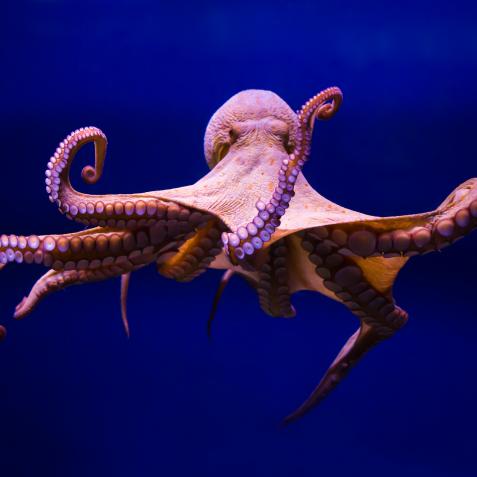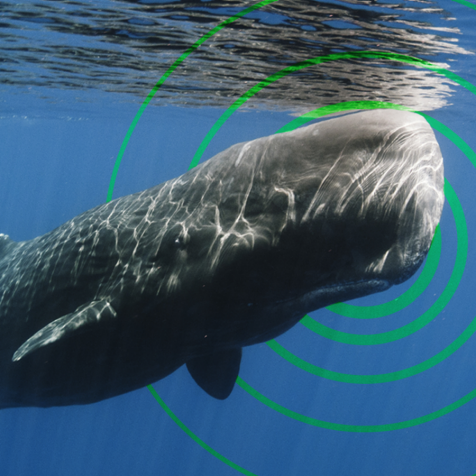
Getty Images
Octopuses Don't Have Tentacles!
By:
Mel Kassel
What exactly do these cephalopods have then?
August 01, 2019
Many people refer to octopus limbs as tentacles, but technically, octopuses don't have any tentacles at all! Instead, they have arms. When you're talking about cephalopods, tentacles tend to be much longer than arms and only have suckers at their "clubbed" ends, whereas arms are shorter, stronger, and suckered all the way down. Tentacles also typically come in pairs. Squid and cuttlefish have eight arms plus a pair of feeding tentacles.
This article first appeared on Curiosity.com.
Next Up
Year in Review: Nature in Focus Adventures
For many years I've looked back on the year in review and thought about all of the incredible adventures I've experienced and this year is no exception.
Photographing Sequoia National Park with a Smartphone
As a photographer, I love giving myself technical limitations.
Great Migrations
Brrrrr it’s getting cold out, the days are shorter and soon it’ll be winter! Fall means that more than 4 billion birds will stream overhead on their fall migration to warmer grounds down south, where they will feed and mate.
The Oldest Complete Fish Fossil was Discovered Thanks to Kung Fu
Back in 2019, three Chinese paleontologists were playfighting during a break from working in the Chongqing Province, China. One was kung-fu kicked into a rocky outcrop, causing rubble to tumble down and exposing an opening in the rock face. Inside, a spectacular fossil lay undisturbed, preserved for millions of years.
Do Octopuses Dream?
New footage shows a sleeping octopus changing colors, indicating the creature may be dreaming.
The “Lungs of Our Planet” are Under Threat
World Rainforest Day is June 22, bringing awareness and action to save these precious ecosystems. But if the current rate of deforestation continues, will there be any rainforests in 100 years?
Bei Bei Says Bye Bye - National Zoo’s Giant Panda Prepares for Move to China
After four years of delighting individuals and families in the United States, giant panda Bei Bei is ready to bid farewell and embark on the next stage of his life in China.
Earthworms Aren't as Good for the Soil as You Think
Are worms really an invasive pest outside of the garden?
Sperm Whales Are Loud Enough to Burst Your Eardrums
The world's loudest animal happens to live in the ocean.
Hot Water "Blob" Causes Harm to Wildlife in the Pacific
Rising water temperatures all over the world are causing a multitude of problems for the planet. Recently, a spike in the ocean temperatures is suspected to have led to the death of one million seabirds.













































































